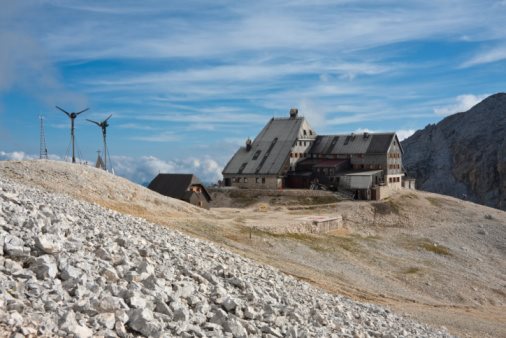Czech Prague Spring Refugees
Introduction: The Czech Prague Spring
The Prague Spring was a period of political liberalization in Czechoslovakia that occurred in 1968. During this time, many citizens of Czechoslovakia began advocating for greater political freedoms and economic reform. However, this movement was met with opposition from the Soviet Union, which invaded Czechoslovakia and re-established the communist government.
As a result of this political upheaval, many people fled Czechoslovakia in search of a better life. This article will explore the experiences of the Czech Prague Spring refugees, including their reasons for leaving and their struggles to start anew in a foreign land.

Reasons for Leaving
The reasons why individuals left Czechoslovakia during the Prague Spring varied widely. Some were political dissidents who feared for their safety and freedom in a country ruled by a communist government. Others were simply looking for economic opportunity, as the government had imposed strict regulations on businesses and commerce.
Regardless of their reasons for leaving, the decision to emigrate was a difficult one for many Czechs. It meant leaving behind family and friends, as well as giving up the familiarity and comfort of their home country.
📝 See Also
Struggles in a Foreign Land
For many Czech Prague Spring refugees, the journey to a new country was just the beginning of their struggles. Upon arrival in their new host countries, they were often faced with language barriers, cultural differences, and economic hardships.
Finding employment was a particular challenge for many refugees, especially those who did not speak the language of their new country. Some were forced to take low-paying jobs with long hours, while others struggled to find work at all.
Despite these challenges, many Czech Prague Spring refugees were determined to make a new life for themselves. They worked hard, learned new skills, and formed tight-knit communities to support one another through difficult times.
Legacy of the Prague Spring Refugees
The experience of the Czech Prague Spring refugees had a lasting impact on their lives, as well as on the countries that they migrated to. Many refugees went on to become successful businesspeople, artists, and politicians.
Their stories also serve as a reminder of the importance of political freedom and the impact that political upheaval can have on people's lives. The Prague Spring refugees demonstrate the resilience and determination of the human spirit in the face of adversity, and they serve as a source of inspiration for generations to come.
Conclusion: Remembering the Czech Prague Spring Refugees
The Czech Prague Spring refugees represent a significant chapter in the history of Czechoslovakia and the world. Their experiences of leaving their home country and starting anew in foreign lands are a testament to the power of human resolve and perseverance. As we remember their stories, we are reminded of the importance of supporting refugees and immigrants, and of upholding the values of freedom and justice that they fought for.
With regards to the former, the expression of anti-Communist views was made through force, and when confronted by Soviet opposition, the reaction was one of violence. The Hungarian Revolution was aptly named because it was an organic uprising of the people, and true to the form of most revolutions, occurred with a high degree of conflict. Unfortunately, for the Hungarian dissidents, the Soviet counter-reaction to their insolence was equally violent, prompting their forced migration.
As for what preceded the Czech refugee movement, Dubcek was adamant that Czechoslovakians keep their protests to occupation non-violent. While some pockets of unruly Czech resistance emerged here and there, for the most part, his words were heeded. Especially with Dubcek's deposition a year later and a new First Secretary rising to power and undoing his reforms, Czechoslovakians reacted in yet another way to the imposition of Soviet control: forced migration. Czech refugee statistics place the total number of nationals who fled following the Warsaw Pact invasion at 300,000.
As different as the circumstances were in the forced migration of the two peoples, with Hungarians running from a police state and Czech refugee status holders fleeing persecution of their politics, we can come back to another unifying factor. At a basic level, they were all refugees, and their collective fight against the shackles of Soviet rule further eroded support for Communism, even among its believers.